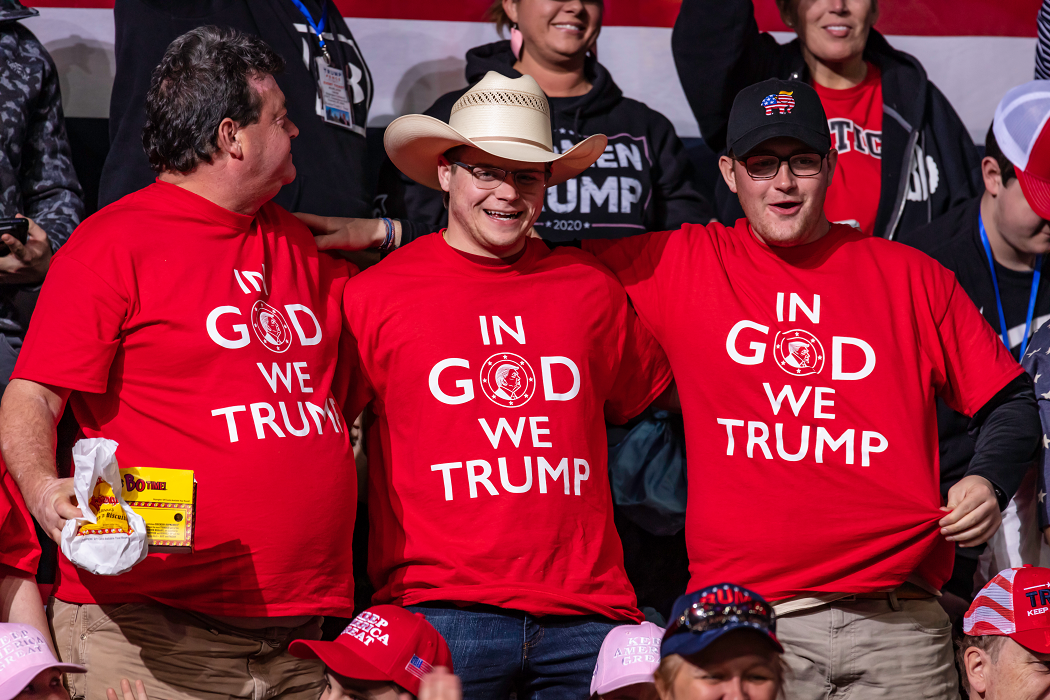Newsletter April 6, 2023
Are White Evangelical Christians Finally Tiring of Trump?

It’s a question that has been asked and answered countless times: have white evangelical Christians finally had enough of Trump? After every embarrassing incident or alienating antic, the answer has always been unequivocally and emphatically no. Throughout Trump’s presidency, white evangelical Christians proved steadfast in their support, providing crucial votes in two close elections. According to the Pew Research Center, 84 percent of white evangelical Christians voted for Trump in 2020, higher than any previous Republican candidate.
Heading into the 2024 Republican primary, reporters are again asking this same question. Tim Alberta, at The Atlantic, suggests there is a shift occurring among evangelical leaders on Trump. He writes:
The scale of his trouble is difficult to overstate. In my recent conversations with some two dozen evangelical leaders—many of whom asked not to be named, all of whom backed Trump in 2016, throughout his presidency, and again in 2020—not a single one would commit to supporting him in the 2024 Republican primary.
It’s still not clear how many white evangelical Christians share these feelings. Many evangelical leaders discovered—often the hard way—that their influence over attitudes toward Trump is limited. Their unwillingness to go on the record suggests that these leaders may not be speaking for their members.








